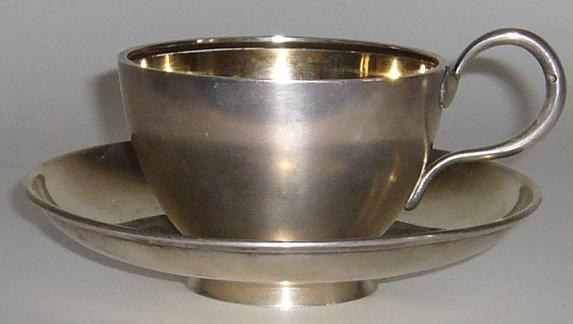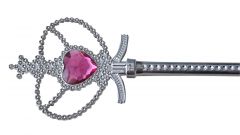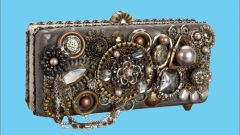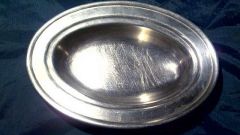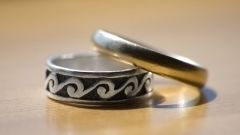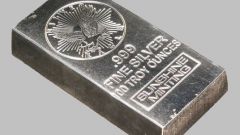You will need
- The reagents for the assay of silver: chloride of gold, nitrate of silver, bichromate, filter paper or napkin.
Instruction
1
Use chloride of gold. This reagent is very widely used among jewelers and customs officers to determine the gold, and the availability of precious metals in various alloys. A sample of silver with the help of this reagent can only be roughly, but for the initial diagnosis of this may be enough. So, first the product should be previously prepared. Thoroughly clean the silver surface, clean it from all dirt and grease and wipe dry with a cloth. Carefully sprinkle on the surface a drop of the reagent. He instantly reacts with the metals in the alloy, so the color of the precipitate precipitated in the droplet, it is easy to diagnose metal and the sample. The fine silver in the interaction with chloride of gold stains instantly drop to the ink color. Low samples also give a dark shade, but of lesser intensity. If the color drops yellow or brown – it is an alloy of aluminium or copper.
2
Check out a sample of silver jewelry with the reagent of silver nitrate. This reagent also should be applied on well cleaned metal surface. After pre-treatment, gently apply a DAB of silver nitrate on the product and look carefully at its color. Silver high grade – 750, 800, 875, 916 color reagent in a light gray color. If you see a white color with different degrees of haze – before you silver low sample.
3
Installation, testing silver at home there are more single reagent is potassium dichromate or Bichromate. His own color – bright orange. Use this reagent for determination of silver from samples of 500 and above. On the pre-cleaned product sequentially apply two or three drops of the bichromate, removing them with a tissue or filter paper. It is not necessary to do it very quickly, but wait long also don't need to. Enough interval in 1-2 seconds. Silver, alloy, 750 of which remains a light brown stain. If a sample of silver above 750 – the spot will be red. And on products having higher breakdown, the brightness of the spot is increased further. 916 sample gives a bright intense red color of the reagent.
Note
All reagent solutions should be very carefully stored to avoid their contact with skin and mucous membranes. Also avoid interaction with metals and alloys.
Useful advice
Do not keep the drops of reagents on the products too long. To the result of the reaction with the metal was visible, just a few seconds, but further interaction may damage the product, leave it on the spots or stripes.
